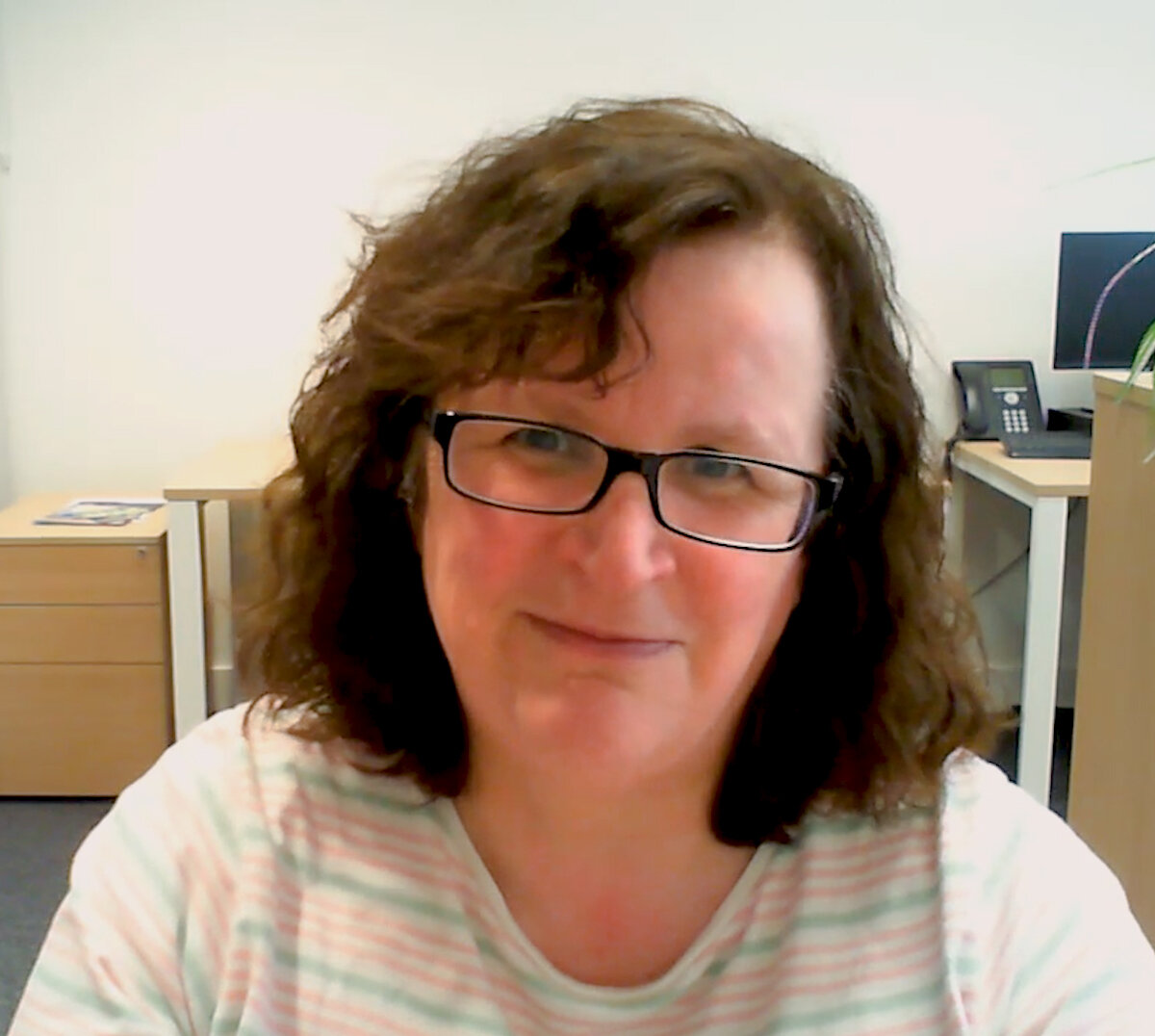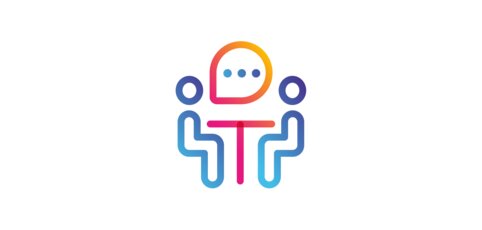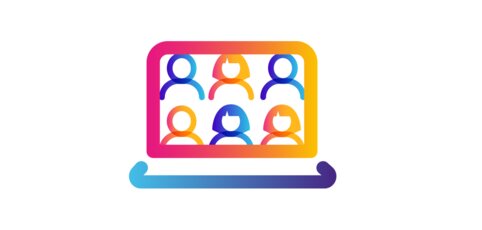
"I actually enjoyed the assessment, but when it ended, I didn’t know what to do"
Zana
- shares her experience of assessment and diagnosis
Zana asked three different GPs before she was able to get a referral for an autism assessment. Living on a remote Scottish island meant the assessment was carried out online. Zana felt the clinician put her at ease and had a good understanding of how emotional it was to talk about difficult experiences she had faced in her life. Zana speaks about how the diagnosis has helped her to understand herself better and feel validated, but that it did not help her to access any formal support.
Video transcript
What made you want to seek a diagnosis?
I went for a diagnosis, I tried three times with the GP. And the reason was because I knew that I was different. I had a son diagnosed with autism, and I could see similarities in some of the difficulties he was having that I had at school. Yeah, and I just wanted to find out if that's really what it was. I needed an answer. I needed it definite, one way or the other.
How did you get a referral?
So yeah, I went to my GP and didn't get very far. I went to a different GP, I didn't get very far. And then I went to another GP when I moved again. That time, I was a bit more informed and I knew exactly what I wanted was a referral. And I suppose I was just being really awkward, and I wanted a referral, and I got the referral. So, yeah, third time lucky.
I took lots of writings with me. I’d written down my lists of difficulties, yeah, to just try and validate it. So that's how I got the referral through to the diagnostic team.
How long did you wait for your assessment? And did you do any preparation in that time?
Actually, listening to other people, I was quite lucky. It only took nine months from when my GP referred me to when I was seen. I think it might have helped because, at the time, I lived in Scotland, and I think the process was a bit quicker up there from what I've heard from other people.
Yeah, whilst I was waiting, I didn't do very much. I tried not to think about it because I didn't want to get anxious. I didn't want to be worried. I knew there wasn't much I could do really until I heard from the clinic. So, yeah, I just put it out of my mind until I actually heard back from them about having my first meeting with them.
What do you remember doing as part of the assessment?
Yeah, so the assessment, I was sent some pre-assessment questions to do, which was looking at my history, background. They wanted information from my parents, so I got my dad to help fill in a form from his perspective, which wasn't that helpful, actually, because he didn't remember very much at all.
Yeah, I don’t recall many tasks actually during the assessment. It was just like a conversation and there were lots and lots and lots of questions, which I actually enjoyed because it gave me a chance to actually offload everything that I was thinking.
The assessment was done by a private clinic, and it was actually a speech and language therapist in Scotland that did it. I was referred through from the NHS, so I didn't have any concerns about whether it would be accepted anywhere. I didn't even realise it was a private assessment until I sort of researched the company once I got their details.
I had two sessions. There was like a pre-assessment session and then the main assessment, and at the end of it, that’s when she told me. But it was nice, she actually said to me at the end: “Well, I knew from the first session that you were on the autistic spectrum.” So that was good.
What was your experience of the autism assessment like?
Yeah, I think I actually enjoyed the assessment, and I think it was because the clinician I was with made me so at ease. And it was like a conversation all about me, and she acknowledged the fact that talking about your difficulties, talking about your history, is emotional and can be traumatic. And she really put me at ease with that.
It did get emotional, but she was very supportive and she clearly knew what she was doing and had done it for a long time. So that helped. Yeah. So overall, I found it, yeah, an okay thing to do, and I'm glad I did it.
The environment, it was actually done online because I was living in a remote location in Orkney, on an island. So it wasn't practical for me to get to the assessment centre, which was in Central Belt, near Glasgow. And that really helped, actually, because I liked the fact that I was remote and not necessarily sitting face to face with somebody. Yeah. So that suited me.
How did you feel when you were given an autism diagnosis?
So yeah, as I said, at the end, she did tell me that she felt I was on the autistic spectrum and this made me very emotional because, even though I knew it, to actually have somebody professional tell you, it's quite a challenging thing to experience, but it helped me to feel justified and it helped me to feel validated. It helped me to put into sense all my experiences and my background and justify all those things.
But also, I felt very alone, very alone. I didn't know anybody else. And then when it ended, I didn't know what to do. I had no one to talk to. I had nothing, it was, yeah, a very odd, odd experience. Took me some time to get over that.
What impact has having a diagnosis had on your life?
I suppose the impact of having a diagnosis is that, like I said, I do feel justified. I feel validated. I know people don’t like necessarily the idea of being labelled, but I think it’s good when you can actually know why you behave the way you behave or you find certain things difficult. It has helped me to understand who I am.
And it’s actually helped me to come to terms with the things that I find difficult, and not beat myself up about it and realise that that's just who I am. And just because I’m not like everybody else, that's okay.
But also, it's difficult because you’re realising that, yeah, I have a disability, and I will always have this and I will always find these things difficult. I will always have challenging times for the rest of my life. Yeah, and that kind of takes getting used to.
It has helped other people understand me better because I feel like I can actually tell them now that I'm autistic, whereas before the label, before the diagnosis, I didn't think I could because I had nobody professional telling me. I had no piece of paper telling me. It wasn't on my doctor's notes, so I didn't feel I could say that. I didn't think I could share that, even though I knew over time, that this is what it is.
I’ve not been able to access any support because I don’t think there is any support for adults. You get a diagnosis and then you’re just shuffled off.
It hasn't helped me really find community, other than online. There’s some excellent online communities, particularly on Facebook, where you can talk to others and share things. I've yet to meet other autistic adults in real life.
Related content

Diagnosis
Our guides for autistic adults, parents and carers, and professionals, on the diagnostic process, getting support after a diagnosis, and more.

Diagnostic services
The Diagnostic and Assessment Service is internationally recognised for its pioneering work in the diagnosis of autism and related conditions.

Online Community
Our 24/7 Online Community is a place for autistic people and their families come together to connect, support one another, and share experiences.
